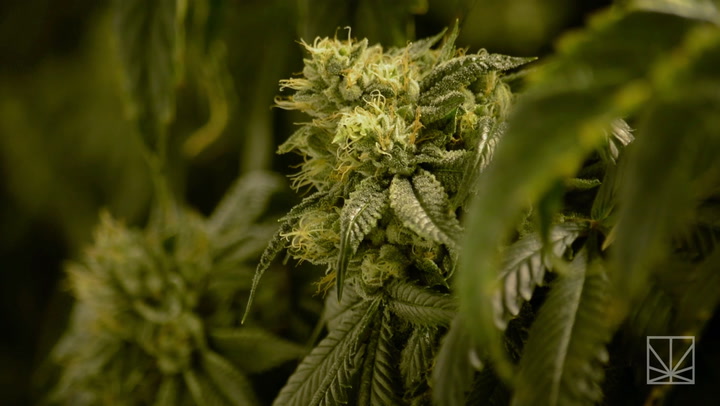Photo of Parliament Hill in Ottawa via iStock/ Steven_Kriemadis
The Canadian Parliament has been working overtime this year to make good on Prime Minister Justin Trudeau's promise to legalize cannabis this summer, but a new debate between the country's federal government and conservative Senators could delay the rollout of legal weed.
Bill C-45, which would officially legalize and regulate sales and use of recreational cannabis, was approved by the House of Commons last December. After months of debate and several attempts to push the vote off until next year, the Senate finally approved the legislation this week, but with 46 additional amendments, adding some conservative limitations to the original bill.
This week, the Canadian federal government issued a response to the Senate's changes, announcing that while it will accept the majority of these changes, there are a few amendments that the Trudeau administration will not abide.
Some of the Senate's amendments were minor, technical issues — one simply added a missing comma to the House version of the bill — and the government said it had no problems accepting 26 of the revisions. However the federal administration “respectfully disagrees” with 13 of these amendments, most notably one that would allow individual provinces to ban home cultivation of marijuana, CTV News reports. The original law approved by the House would allow any adult Canadian to grow up to four pot plants per household.
“It is critically important to permit personal cultivation in order to support the government's objective of displacing the illegal market,” added the administration in their statement.
“We’re making the changes to keep Canadians safe, and one of the strong recommendations by experts was that we ensure personal cultivation of four plants at home,” Trudeau said in a recent interview, according to The Globe and Mail. “We have heard what the senators had to say on this matter, but we will go ahead with the recommendations from experts.”
Another major point of contention between the government and the Senate is an amendment that would prohibit the sale of “swag” by canna-businesses, including t-shirts or phone cases emblazoned with a company's logo. Conservative Sen. Judith Seidman argued that allowing the sale of said swag would create a "loophole that gives cannabis companies a back door to advertise marijuana,” CBC News reports. The government has countered that such a restriction may be too difficult to enforce, and that the advertising rules included in the House version of C-45 are sufficiently strict.
The government also said that it opposed an amendment that would establish a public registry of all canna-businesses' directors and officers, as well as the directors and shareholders of any controlling corporations or trusts. Proponents of the amendment said it would prevent criminal gangs from using offshore tax havens to invest in legal weed, but the government asserted that the amendment would “present significant operational challenges and privacy concerns,” according to CTV News.
In a recent interview, Trudeau told reporters that “Andrew Scheer, the Conservative leader has been telling…Senators — that he still controls to play games, to slow this down, and to interfere with the will of the House.”
Sen. Yuen Pau Woo, leader of the Independent Senators Group, told CTV News that "it's not about what kind of partisan points we can score, it’s about trying to come to a decision that's consistent with the totality of the job that we have to do." Woo said that Independent Senators are "disappointed" that the government did not accept their amendments, and that they “will want to hear a full explanation of why” the government opposed the amendment allowing provinces to ban home-grows.
C-45 has returned to the House of Commons, who will decide whether to approve, remove, or alter the Senate's amendments. The bill will then return to the Senate, who traditionally vote in favor of House-amended bills. This instance may be an exception to the rule, however, as many Senators have said they are willing to continue their fight to amend the legislation. If the Senate agrees, the bill could receive Royal Assent and become law by the end of the week — but a further round of debate between the two chambers of Parliament could postpone the debut of legal weed in Canada indefinitely.











